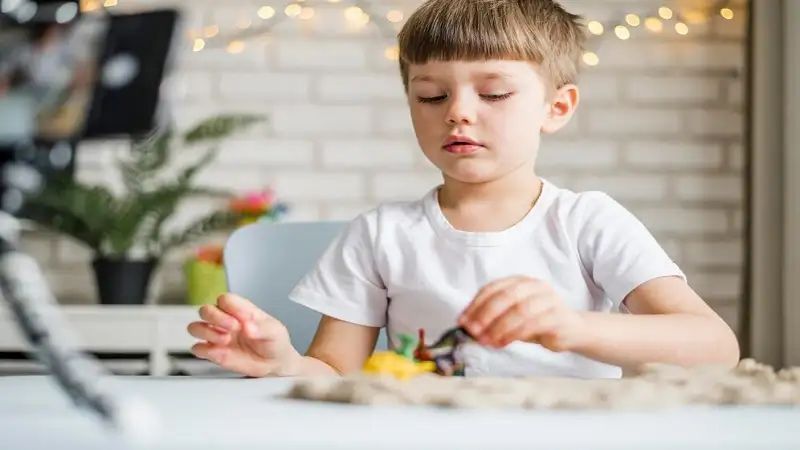Many parents hesitate when it comes to messy play, picturing chaotic scenes of paint-covered hands, flour-dusted floors, and muddy footprints. However, messy play is far more than just a fun (and sometimes frustrating) activity—it plays a crucial role in a child’s development. From enhancing creativity to improving fine motor skills, allowing children to explore and experiment with different textures, materials, and sensations benefits them in ways that structured play cannot.
Educational approaches like Montessori Ryde emphasize hands-on learning, encouraging children to engage with their environment through sensory-rich activities. By embracing messy play at home or in an early learning setting, parents and educators can help children build essential cognitive, social, and physical skills in an engaging and natural way.
What Is Messy Play?
Messy play refers to any activity that encourages children to get hands-on with different materials and textures, allowing them to explore freely without worrying about keeping things clean. It can include:
- Playing with sand, water, or mud
- Finger painting or sponge painting
- Using playdough or clay
- Mixing and pouring different substances
- Sensory bins filled with rice, beans, or pasta
Unlike structured activities, messy play is open-ended, meaning there’s no specific goal or outcome. This allows children to use their imagination and problem-solving skills without the pressure of following strict rules.
The Benefits of Messy Play
1. Boosts Creativity and Imagination
Messy play provides children with the opportunity to think freely and express themselves. Whether they’re finger painting, building with clay, or mixing colors in water, they engage in creative decision-making that stimulates their imagination. The lack of structure allows them to experiment and discover new ways of interacting with materials.
2. Develops Fine and Gross Motor Skills
Handling different textures and materials helps children refine their motor skills. Activities like pinching, squeezing, and rolling playdough strengthen fine motor muscles, which are essential for writing and other daily tasks. Likewise, activities like splashing water, scooping sand, or stomping in mud improve gross motor skills by engaging larger muscle groups.
3. Enhances Cognitive Development
Messy play supports early problem-solving and critical thinking. When children mix colors, pour water into different containers, or build structures with sand, they observe cause-and-effect relationships. These activities also help develop early math and science skills by teaching concepts like volume, weight, and texture.
4. Encourages Sensory Exploration
Sensory experiences are essential for brain development, particularly in early childhood. Messy play allows children to explore different textures, temperatures, and consistencies, helping them process sensory information more effectively. This can be especially beneficial for children with sensory processing challenges, as it gently exposes them to new sensations in a controlled environment.
5. Supports Language and Social Skills
When children engage in messy play with peers or caregivers, they develop communication and social skills. Describing textures, discussing what they’re creating, and problem-solving together all enhance language development. Collaborative messy play also teaches cooperation, turn-taking, and sharing.
How to Make Messy Play Easy and Manageable
Many parents hesitate to encourage messy play due to concerns about the mess. However, with a few simple strategies, it can be a fun and stress-free experience.
- Set up a designated space – Use an area that’s easy to clean, such as the backyard, a tiled kitchen floor, or a playroom with a plastic mat.
- Dress appropriately – Have children wear old clothes or an apron to avoid worrying about stains.
- Use washable materials – Opt for non-toxic, washable paints, playdough, and markers to make cleanup easier.
- Keep cleanup supplies ready – Have wet wipes, paper towels, and a bowl of water nearby to clean hands and surfaces quickly.
By embracing messy play, parents and educators can provide children with valuable opportunities for learning and development. With the right setup and mindset, messy play can be a fun, enriching, and rewarding part of a child’s daily routine.
